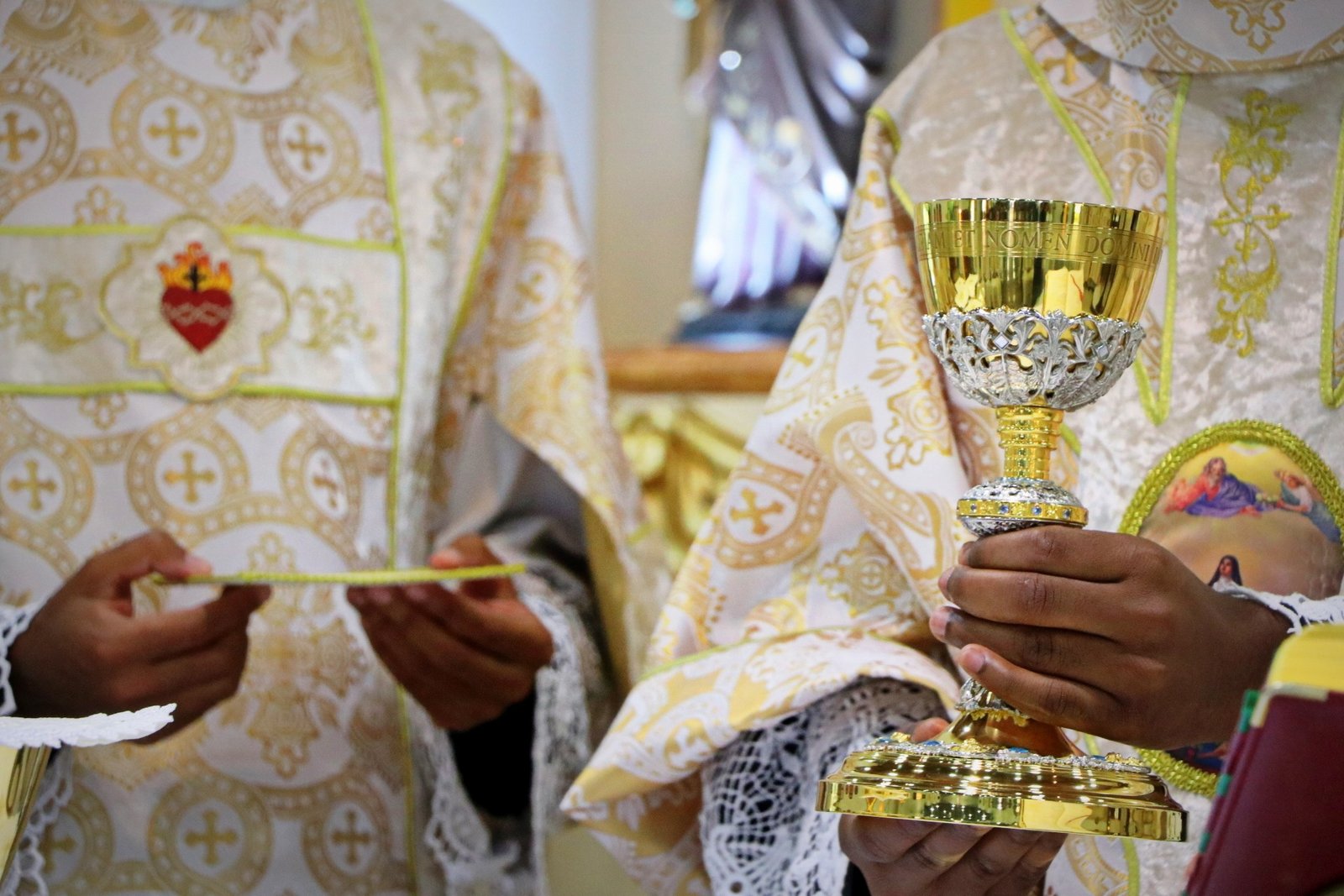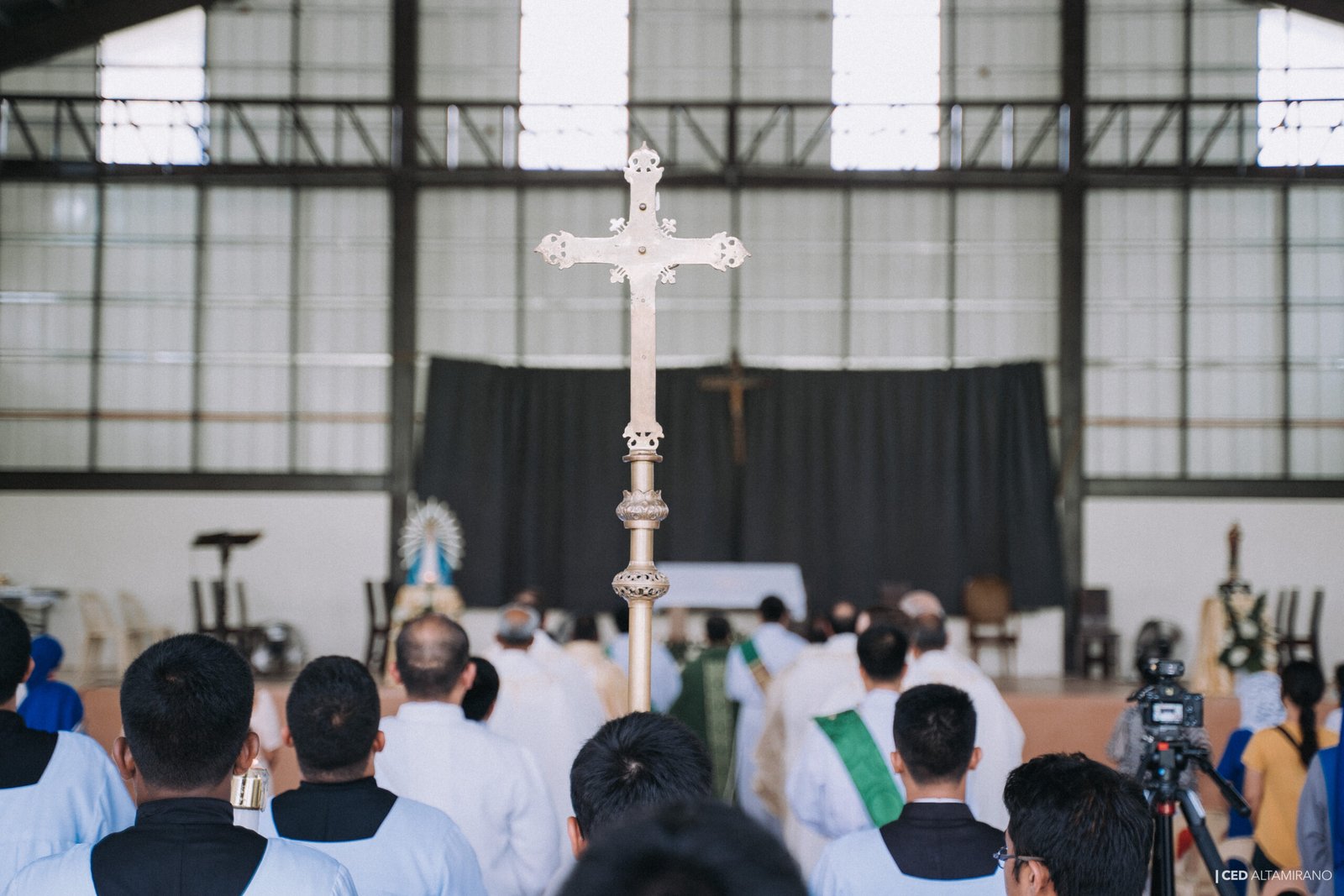Life in the Seminary
Life in the seminary (and in the Institute as well) cannot be completely summed up with a few words. One thing for sure, it is a joyful living of the Cross. Our life in the seminary prepares us for future missions, that we may become good and holy priests, leading all souls to heaven.


We begin our daily life with Holy Mass. It is the most important action of our day. From it “grace is poured forth upon us; and the sanctification of men in Christ and the glorification of God, to which all other activities of the Church are directed as toward their end, is achieved in the most efficacious possible way. (Sacrosanctum Concilium, 10)” Here, we receive our nourishment to last for whole day: Jesus Himself.
Classes and personal study periods follows after breakfast. The Intellectual Formation of a future priest is a fundamental demand of the human intelligence through which one participates in the light of God’s mind and seeks to acquire wisdom, which in turn opens to and is directed toward knowing and adhering to God.
Dividing the day, before lunch we pray the Angelus, which helps us “renew the consciousness of the Mystery of the Incarnation of the Son of God.” (St. John Paul II), commemorating the coming into flesh of the Son of God in the womb of the Blessed Virgin Mary” The Holy Rosary, the compendium of the Gospel, is said personally during weekdays and as a community, during Sundays

Our afternoons are spent in work and personal study. Some time is dedicated for sports and leisure as well. Not only it contributes the toward the health welfare of the seminarians, but at the same time it forms camaraderie in the community, teaching them to be authentically free and self-possessed.
Before dinner, we spend an hour of prayer and meditation in front of the Most Blessed Sacrament, adoring ‘Jesus Christ hidden, veiled and, as it were, annihilated in the Sacred Host’ (St. Peter Julian Eymard). Afterwards, we pray Evening Prayer, the Office of Vespers, which ends with Benediction of the Blessed Sacrament.


Certain times are allotted for eutrapelia. What is eutrapelia? It is a virtue of gladness and laughter, which must accompany the seminarians in their recreation, as Pope Francis said “a Christian can never be sad!” This is not only just recreation, but also a moment of a cheerful rest.
At the end of the day, we pray the Night Prayer, the Office of Compline, and begin the Great Silence to prepare ourselves for the journey of the next day.
